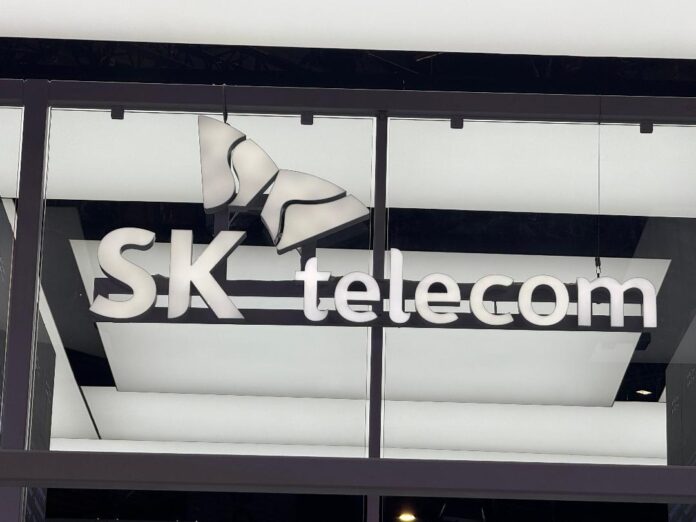SK Telecom, South Korea’s leading telecommunications company, is making significant strides in AI infrastructure to position itself as a global powerhouse
Through its comprehensive “AI Infrastructure Superhighway” and “AI Pyramid Strategy,” the Asian telco is investing heavily in AI data centers, cloud-based GPU services and edge computing to support the growing demands of AI applications and services.
Building the AI infrastructure superhighway
At the core of SK Telecom’s AI ambitions is the development of an “AI Infrastructure Superhighway,” a strategic initiative focused on three main components:
AI Data Centers (AIDCs): The carrier is constructing hyperscale AI data centers across South Korea, each designed to exceed 100 megawatts in capacity. These facilities aim to serve as central hubs for AI processing and storage, supporting both domestic and international AI workloads.
GPU-as-a-Service (GPUaaS): To democratize access to high-performance computing, SK Teñecp, has launched a cloud-based GPU service. This platform allows businesses and developers to utilize powerful GPU resources on-demand, facilitating AI model training and deployment without the need for significant upfront hardware investments.
Edge AI: Recognizing the importance of low-latency processing, the Asian telco is expanding its edge computing capabilities. By integrating AI processing closer to data sources, such as mobile devices and IoT sensors, the company aims to enhance real-time data analysis and decision-making across various applications.
Strategic partnerships and investments
To bolster its AI infrastructure, SK Telecom has formed strategic partnerships and made significant investments:
Lambda: In collaboration with global GPU cloud provider Lambda, SK Telecom launched the Gasan AI data center in Seoul. This partnership enhances its GPUaaS offerings and expands its AI processing capabilities.
Penguin Solutions: The telco has also invested in Penguin Solutions, a company specializing in AI-driven data center solutions. This investment supports the development of advanced AI data center technologies and infrastructure.
Anthropic and Perplexity AI: SK Telecom has partnered with AI startups Anthropic and Perplexity AI to integrate cutting-edge AI models into its services. These collaborations aim to enhance the Korean carrier’s AI capabilities and offer advanced AI-driven solutions to customers.
AI Pyramid Strategy
Complementing its infrastructure efforts, SKT has implemented the “AI Pyramid Strategy,” which focuses on three key areas:
AI Infrastructure: Developing and expanding the physical and cloud-based infrastructure necessary to support AI applications.
AI Transformation (AIX): Integrating AI technologies into existing business processes and services to enhance efficiency and innovation.
AI Services: Creating new AI-driven products and services that deliver value to customers across various sectors.
Through this strategy, the telco aims to triple its AI-related investments over the next five years, positioning itself as a leader in the global AI landscape.
Commitment to sustainable and secure AI
SK Telecom is also committed to building sustainable and secure AI infrastructure. The company is exploring renewable energy sources, such as solar and wind power, to operate its data centers. Additionally, it is implementing advanced cooling technologies and energy-efficient designs to minimize the environmental impact of its AI operations.
In terms of security, SK Telecom is developing robust AI governance frameworks to ensure ethical and responsible use of AI technologies. This includes measures to protect user data, among others.
Outlook
With its comprehensive approach to AI infrastructure, strategic partnerships and commitment to sustainability and security, SK Telecom is well-positioned to become a global leader in AI. By investing in new technologies and fostering innovation, the carrier aims to drive the next wave of AI advancements and deliver transformative solutions across industries.
As the demand for AI continues to grow, the company’s initiatives are expected to play a crucial role in shaping the future of AI infrastructure and services, both in South Korea and globally.

